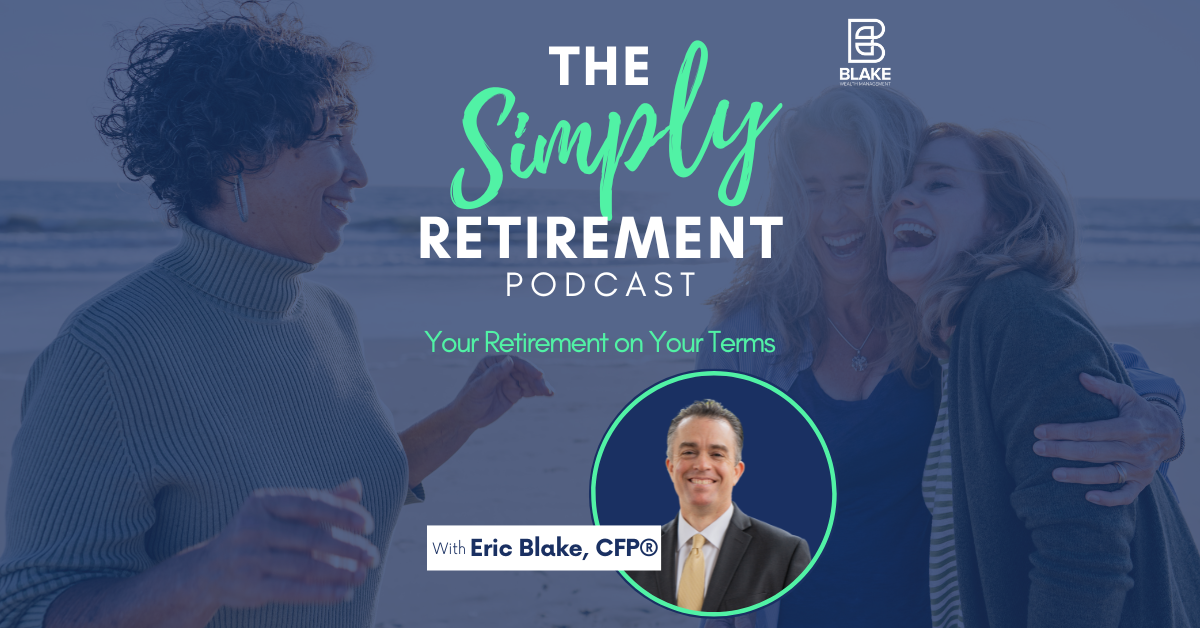
7 Questions Every Woman Should Ask Before Hiring a Financial Advisor (Ep. 94)
Choosing a financial advisor is one of the most important decisions you’ll make as you approach retirement, especially if you’re navigating it on your own.
Yet many women don’t realize how much clarity and confidence can come from simply asking the right questions before committing to a long-term relationship.
In this episode, I walk through seven essential questions every woman should consider before hiring or changing a financial advisor. We discuss why so many women change advisors after losing a spouse, how to evaluate an advisor’s process, and what to listen for when recommendations are presented. I also explain why retirement income planning, Social Security strategy, and tax coordination require a different level of focus than simply saving for retirement, and how to think about value beyond just the advisory fee.
Key Takeaways:
- Why the commonly cited statistic about women changing advisors highlights the need for better conversations
- The importance of understanding an advisor’s process before agreeing to work together
- How to evaluate whether recommendations truly align with your goals, values, and concerns
- Why retirement income planning, Social Security, and tax strategy require specialized focus
- How to assess value beyond fees, including adaptability, communication, and long-term partnership
- And more!
Resources:
Connect with Eric Blake:
- www.TheSimplyRetirementPodcast.com
- Join the Simply Retirement Newsletter
- Ask a Question or Suggest a Topic for the Podcast
- Blake Wealth Management
- YouTube
Podcast: Play in new window | Download | Embed